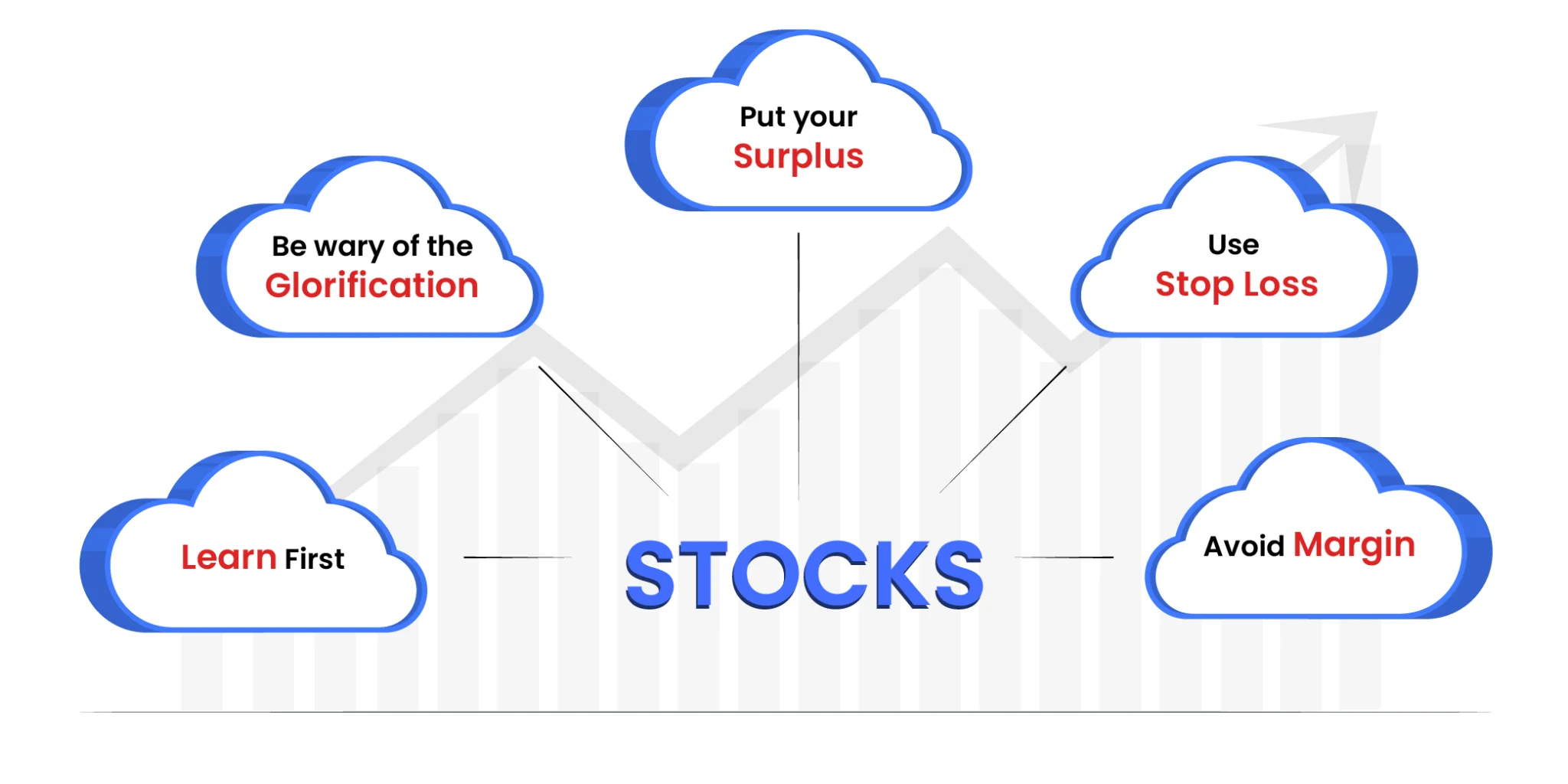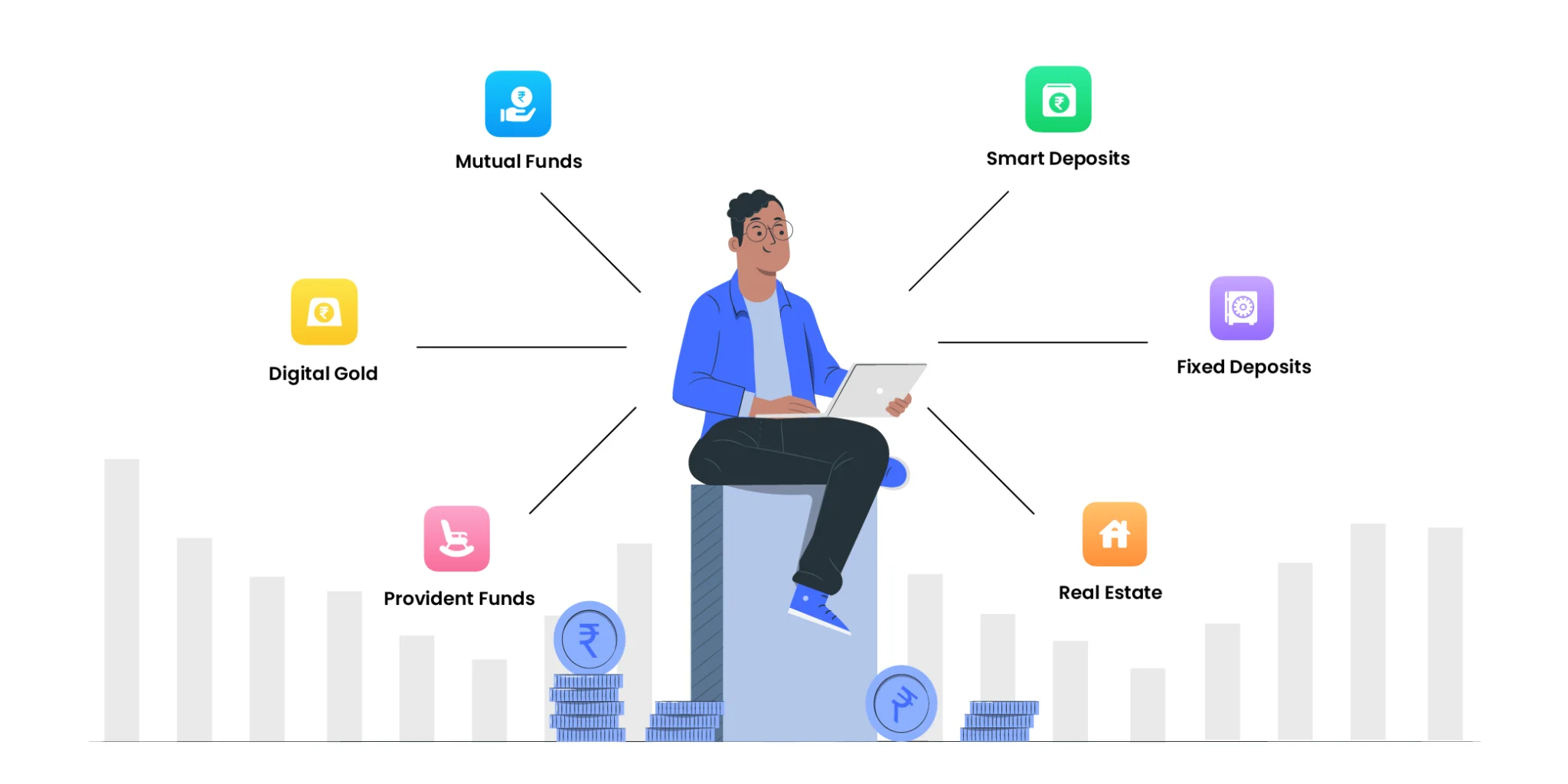Saving habits have been passed down to us for generations. So, how can you nurture these important habits once you start earning money?
“The habit of saving is itself an education; it fosters every virtue, teaches self-denial, cultivates the sense of order, trains to forethought, and so broadens the mind.” —T.T. Munger
As urban millennials, our idea of routine or order has often contradicted our freedom. As we look deeper into our financial choices, we feel exercising thoughtful control of our money habits is conflicting with our overall financial freedom.
Knock Knock!! That’s a pretty sizable myth waiting to be busted. If you are a beginner and still figuring out how to kickstart your savings journey, we are listing down a few tips to build good savings habits.
Start Small But Start Early
Ideally, your savings journey should start as soon as you have recurring money flowing into your pockets. It really doesn’t matter how much you save. Whether you are a regular college goer or have just started receiving the long-awaited salary credit SMS on your phone, if you think your income isn’t enough for you to start saving now, you will probably regret it later.
Start with amounts as small as ₹500. It is all about getting on track and moving at your own comfortable pace. The minimum amount to open a savings account or invest in mutual funds and smart deposits could be as low as ₹500. The power of compounding works in favor of early savers.
Imagine keeping aside ₹100 a day. This sums to ₹3000 a month. If you start at 19 years of age, by the end of 10 years, your total saving at a minimum annual interest rate of 5 % would be ₹4,67,265, with a total investment of 3,60,000 which means a cumulative interest of over ₹,100,000 whereas the same amount will only yield a total interest of ₹8,707 with 3 years investment horizon.
Identify Your True Purpose Of Saving
As a growing millennial crowd, we are extremely cognizant of the environment we live in and our needs from the environment. Our reasons for survival could be myriad, however attaching purpose to our money habits, even when it comes to savings makes the process far more disciplined and eventful.
Ask yourself today-“Why do I need to save?”
Identify your ultimate purpose. Is it sustained wealth creation or developing a moat for troubled times? It could also be accumulating for a bigger life event. The foreign MBA degree or having affordable elderly care, attaching a purpose to our savings habits builds clarity in our decision-making and long-term investment choices.
Set Realistic Goals
Once you have identified your purpose, realistic goal setting is extremely important to make it achievable. Goals are effectively the stepping stones towards your larger purpose of saving. Break down your saving goals into short-term and long-term plans and track your achievements. For instance, if you dream of a luxurious foreign island vacation at the end of the year, you might want to park your bonus for a short-term smart deposit scheme at the beginning of the year.
Tracking your savings growth relative to your income growth is another approach to set realistic goals. If your overall income has increased by 30%, has your savings pie also increased by a similar margin? Ask yourself these simple questions as you manage to set goals for yourself and your family.
Save Before You Spend
To make it simple, always ensure savings should occur as a natural successive behavior to your income. This means always making sure to save a steady chunk of your money first before you start swiping your credit cards at the grocery store or on a fancy dine-out. Usually, your savings are a more regularized and constant function of your income, as compared to your spending over time, and hence as a beginner, it is important to understand how to prioritize savings out of your net monthly income.
Do not wait till the last week of the month. You will practically save nothing.
Diversify your savings options
Don’t lock all your savings in a single financial instrument. Fixed and Recurring deposits are commonly preferred options and are accompanied by different types of account types in India. Interest rates for senior citizens are different from the standard ones when it comes to fixed deposits. Hence it is important to select the appropriate savings plan depending upon your needs and tenure.
When it comes to diversifying your options, you can look at smart deposits, post office savings schemes, tax-saving long-term fixed deposit options, etc. To proactively nudge you for better savings habits, diversify your savings avenues, and be better informed of the different avenues of savings at different stages of your life.
Make savings a fun and inclusive journey
There’s no bigger thrill than sharing your experiences with friends and family for a journey of collective wealth creation. Building healthy financial habits is also about the collective influence of your environment. While the generic perception could be that it’s a boring and sometimes even complicated exercise, your money-saving ideas could be fun and creative to help you stick to them.
Sign up for a savings challenge and share it with your closest friends and family who you think could benefit from it. It could be as simple as setting monthly targets or even arriving at a fun mathematical equation. Eg, for every small unnecessary expenditure you make, try saving double the same amount for thrice the number of days. Confused?
Think of the times you’ve had that extra Domino’s pizza or even purchased that extra pair of shoes that probably never stepped out of your closet. For all such unplanned spending, ensure there’s a mechanism to channel at least an exact amount of savings. The typical splurger could think of it as a penalizing activity, but it ultimately benefits us in exercising self-control and offsetting our irrational behaviors.
In The End…
Your savings habits are a sum total of your collective decision-making towards a healthy financial lifestyle. While as a beginner you choose to navigate into the journey of thoughtful money habits and make it fun and worthy of your individual style.
If you are someone who has already navigated this journey, tell us your favorite early savings hacks in the comments below.









Leave a Comment